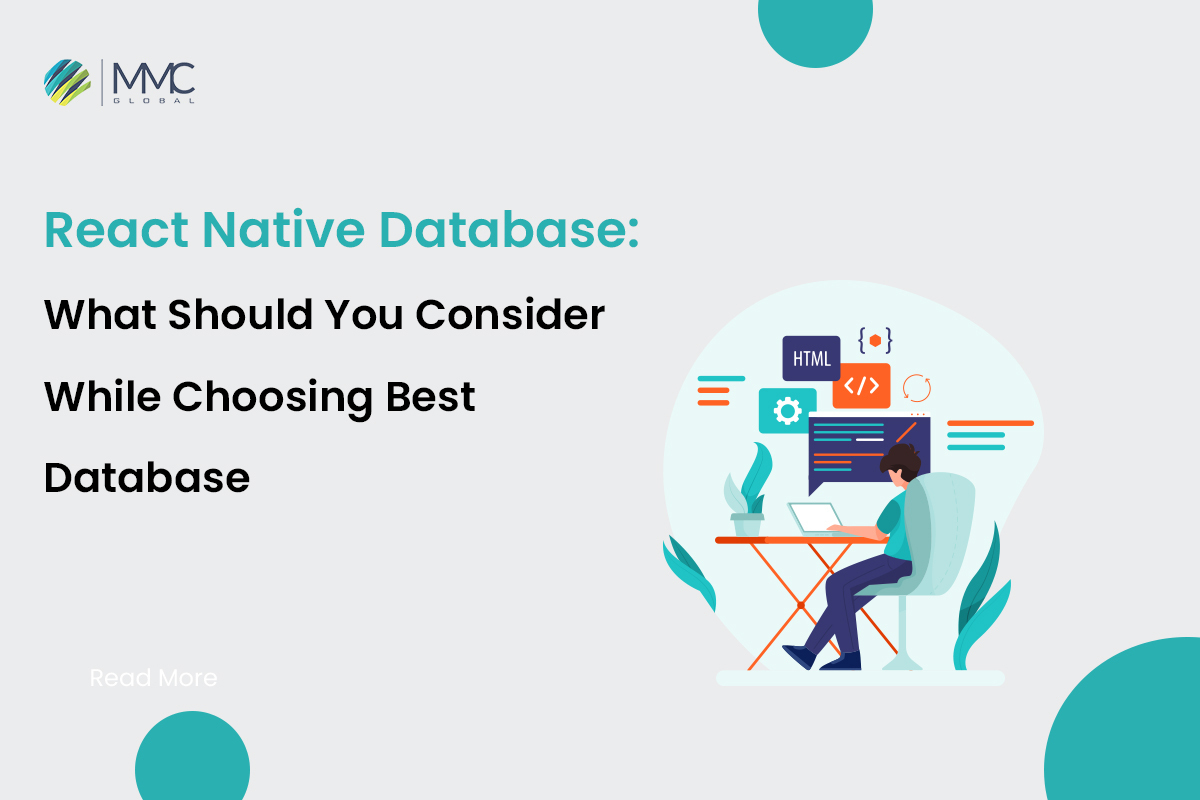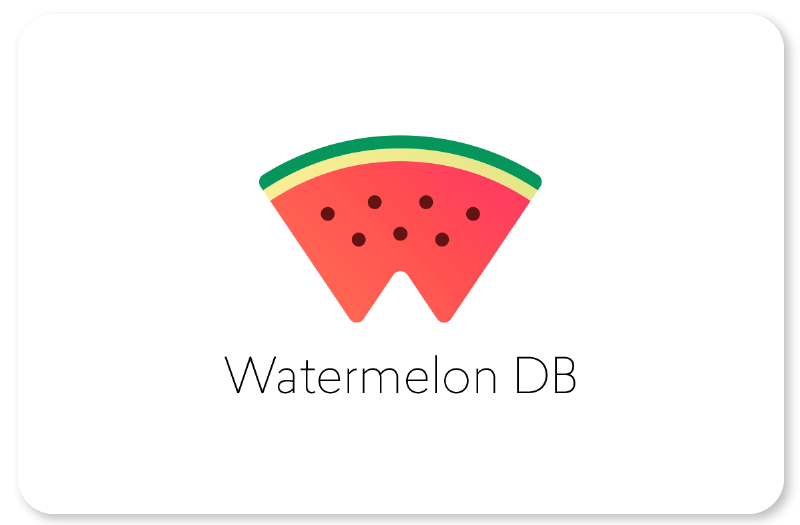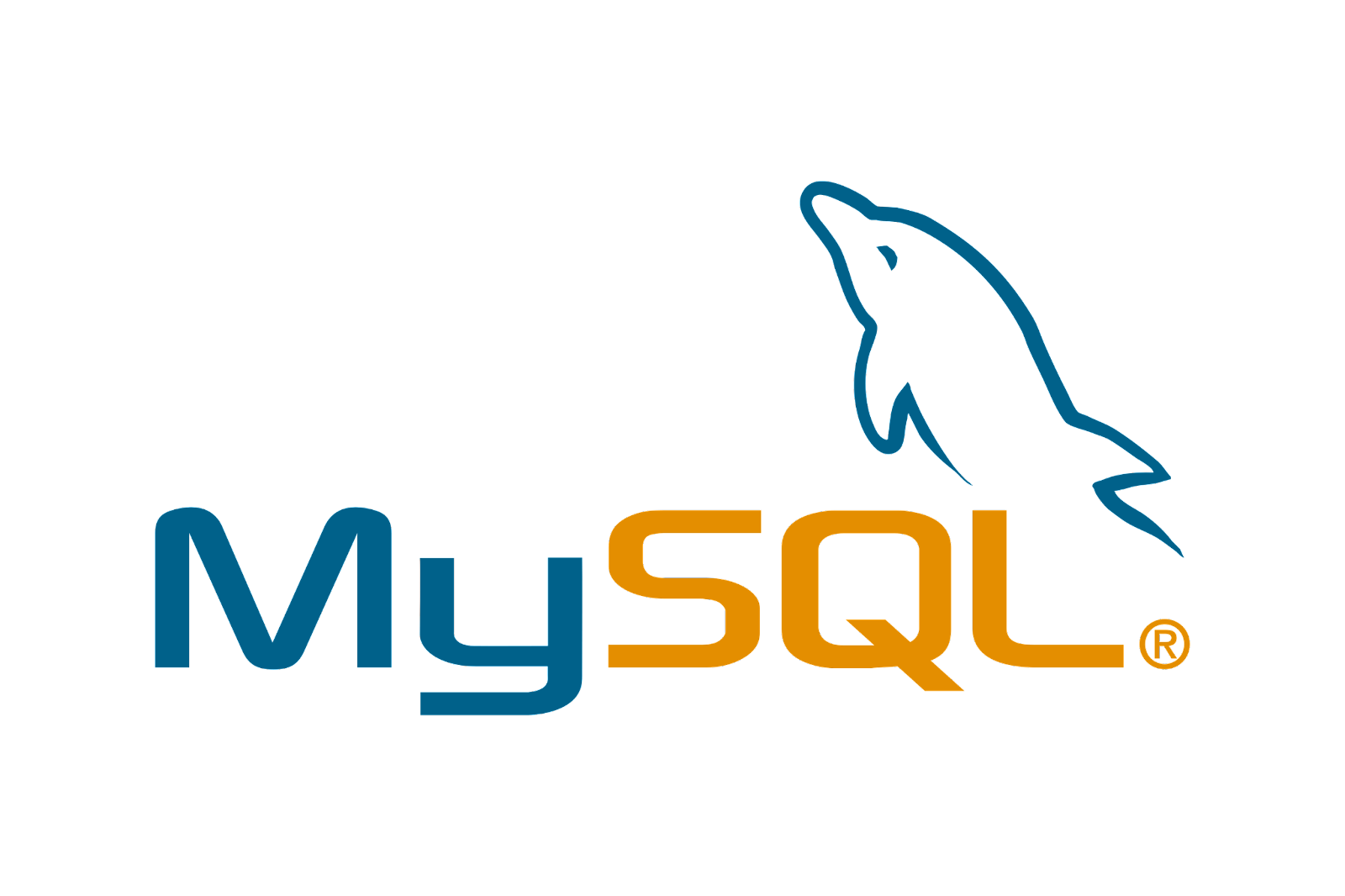React Native Database: What Should You Consider While Choosing Best Database


Choosing a proper channel of React Native database supports your app storage and boosts the app performance. In the current world, where React Native mobile app development demand is at its peak, the ongoing improvements and upgradation make its position more strong.
To create the most impactful application, you have to make it according to its requirement. When choosing a React Native database, first you need to describe the criteria of it. Once you know the criteria, it will help you to determine whether it is the best fit for you or not.
The intricacy of your data will determine which React Native app database you choose. Other factors, such as memory management capacity, database maintenance rules, conflict handling policies, and the number of code lines, must also be considered. You have the option of using a local database or a server-side database.
Get more info: Best Local Databases & Its Features for React Native App Development
Consider These Factors When Picking a Database for React Native App Development
Here are some considerations to keep in mind when selecting a database for your React Native app:
Memory Handling
Mobile apps or web apps are too sensitive in terms of data handling. If your software is not able to handle data, there will be a high chance of facing errors and maybe crashing your app. Although most databases clean their cache at specified times. Because it ensures that enough memory is available to operate an app effectively.
Heavy and Complex Data
It is determined that data should be retained in the form of key values or a JSON format for maximum applicability. This necessitates the use of a database capable of handling complex data structures such as entire documents or objects.
Managing Data Conflicts
You may have additional data conflicts as you add more cooperation-related features to the program. On the repository pages or website, look for databases that meet the conflict management rules.
Investigate the database documents to see how they handle synchronization and conflicts or determine the exchange and how they affect the app.
Offline data synchronization
Users now expect their apps to operate in both online and offline modes, or when their internet connection is poor. As a result, it’s significant to include a database that enables data synchronization whenever users reconnect to the internet.
Concurrency
Responsibilities are always rising when data is complex or heavy. Developers are responsible for managing a large volume of data.
Users are likely to make several inquiries. It’s incredibly tough to furnish them with specific data numbers. As a result, it’s imperative to understand the excellent concurrency approach that you can find in the various React Native local databases.
Maximize Ease
Thus, you should always choose a react native database that requires the least amount of work to merge. All of this will assist you in improving your development process and simplifying the developer’s tasks.
Few Examples of React Native local database
WatermelonDB
One of the finest React Native databases that help to optimize data storage in the application. Github also stated that it is the best database for complex apps that focuses on real-time performance. It came into the market before SQLite and the efficiency is too high as it records thousands of data in a minute.

Not only this but it works so fast for sluggish devices. By handling data from time to time cleaning cache, it persists all data. You cannot load any request until the first request proceeds.
Vasern
Vasern is a lightweight, easy-to-use, open-source, and quick database for React Native app development. The Vasern API is used not just for local data storage, but also for app user synchronization and cloud storage. Its architecture and design were influenced by a variety of open-source databases.

The benefits of having Vaser are it is fast to operate and easy to use while database synchronization. Additionally, it mainly focuses on app performance and consistency.
Few Examples of Best React Native Saver Side Database
MongoDB For React Native
Every application has its functions and developers try their best to make a user-friendly app. No matter how complex the backend process is, the end-user never feels complexity in it. MongoDB is also helping to support complex apps by providing a React Native database. It handles complex data by using approaches like key-store and a relational database to store objects in JSON.

It provides real-time modification in schemas without affecting the app runtime, no matter how large data is. As a result, it boosts the performance and the scalability of the database.
Furthermore, MongoDB offers a basic JavaScript interface for queries rather than domain-specific languages like SQL. It’s as simple as supplying a JavaScript object that partially specifies the search target and returns the value to look up a document.
MySQL for React Native
MySQL is a SQL-based relational database system. Oracle distributors create, distribute, and maintain MySQL, which is available under an open-source license.
MySQL uses thread-based memory resources, which makes it faster and more dependable. MySQL performs operations like joins more quickly.

Furthermore, following query startup, MySQL does not conduct memory allocation, which is required for improved query speed.
MySQL is protected by a password-based encryption scheme that employs many data layers for protection. The validation is dependent on the host, which makes it more adaptable. It also includes encryption, which makes it more secure against server-side flaws.
The purpose of MySQL is to store massive amounts of data. It has been simply reported in certain circumstances to hold around 50 million records. MySQL is capable of supporting up to 64 indexes per table.
Bottom Line
As soon as we know what’s our requirement for the application database, we can sort out and pick the best fit for apps. Right after knowing it, you can get the React Native database as per your need and efficiency.
If you have a small database and want a user-friendly solution, you can opt for MySQL. It doesn’t handle complex or large volume data.
MongoDB, on the other hand, is a better solution when your data is unstructured and complicated, or when you can’t precisely specify your schemas.
You can consider what suits your budget, if your app needs complex or mild application storage, etc. Let’s discuss this with the professional development team of MMC Global. We’ll help you and encourage you to make an exciting app that boosts profitability.



